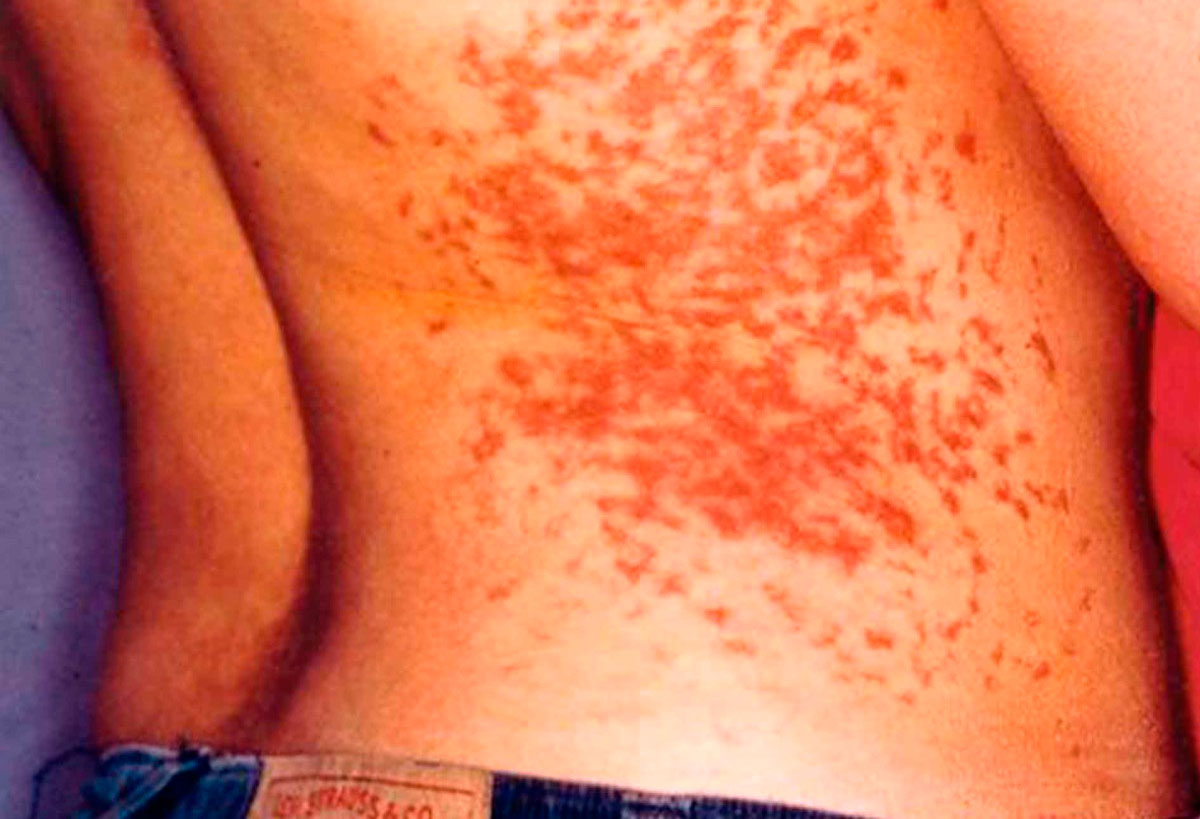
- The Public Prosecutor of the Spanish National Court will appeal to the Supreme Court against the sentence that admitted the torture inflicted by the Civil Guard and acquitted Sorzabal. The National Court ruled on May 8 that the letter that Sorzabal had self-incriminated had been written as a result of torture; the prosecutor considered it to have been self-incriminated “voluntarily and freely.”

Sorzabal was tried in the National Court for an attack carried out by ETA in 1995. The only evidence of his guilt was a letter allegedly written by Sorzabal himself to the leadership of ETA in which he acknowledged, among other things, his involvement in this attack. In their judgment of 8 May, the judges ruled that this letter was written by Sorzabal as a result of the torture inflicted by the Civil Guard during the period of incommunicado detention, and specifically referred to the use of electrodes. "The physical and psychological evidence is consistent with the allegations of torture," the ruling reads.
On Wednesday, the prosecutor of the National Court announced that he will file an appeal against the ruling before the Spanish Supreme Court. The Prosecutor has criticized the National Court’s acquittal of Sorzabal from the ground up: “The ruling asserts, without merit, that there is an indirect connection between the police statement and the letter allegedly subjected to ill-treatment, contrary to legal criteria.” In contrast, according to the prosecutor, Sorzabal wrote the self-incriminating letter “voluntarily and freely.”
The historical verdict
The verdict in favor of Sorzabal aroused many reactions (and other silences) in the Basque Country. Among other things, the Egiari Zor Foundation described it as “historic” because of its “content and tenacity”. The Human Rights Observatory announced its intention to address the United Nations Commission on Human Rights with a view to identifying and prosecuting the perpetrators of torture. Sorzabal’s lawyer, Aiert Larrarte, explained that they will be playing in Strasbourg because the only evidence of the punishment that currently holds Sorzabal in Zaballa prison is the same letter. The Network of Tortured People of the Basque Country also called for the abolition of evidence that was constructed through torture in all other trials.